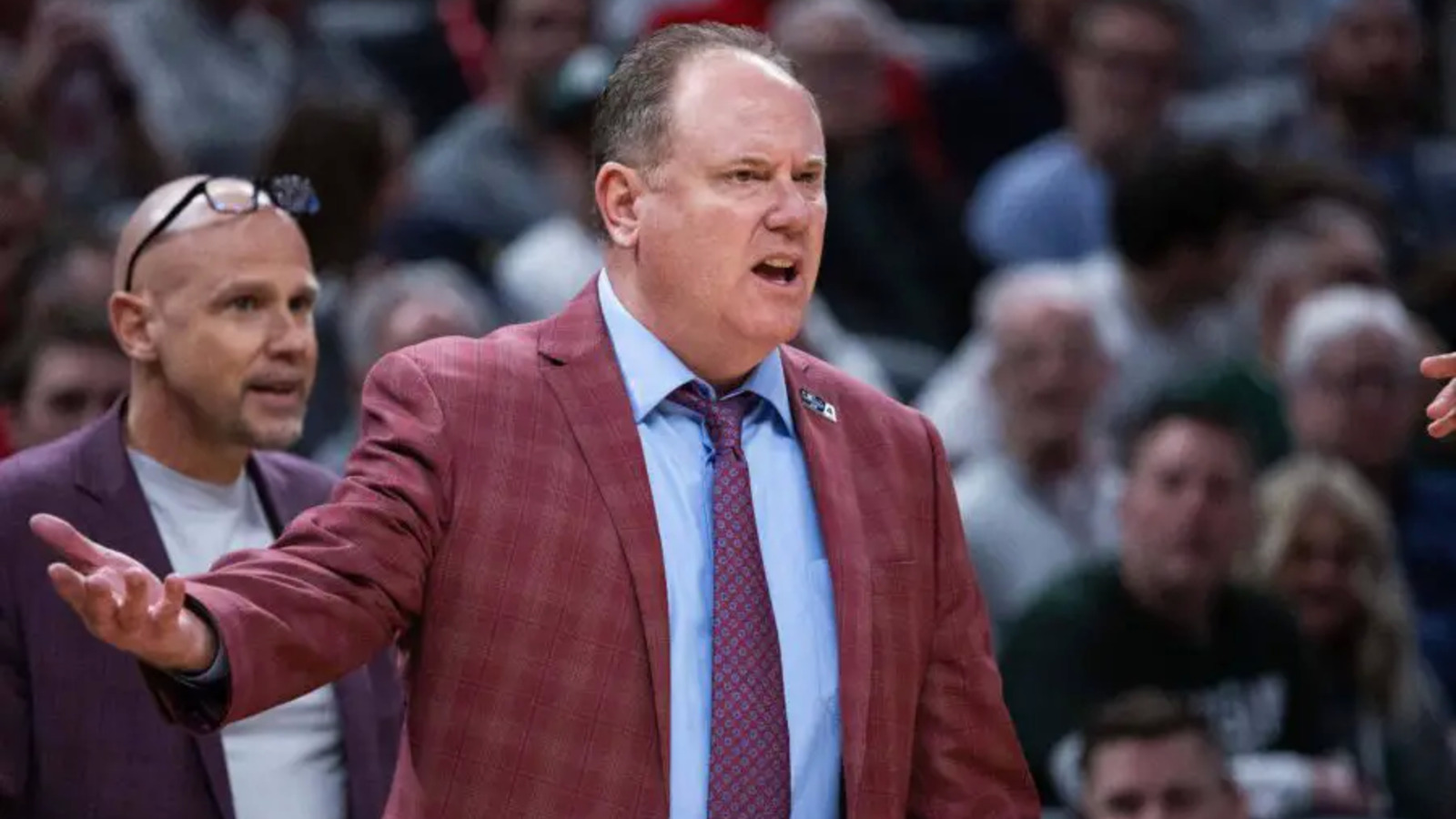Celebrating Pastor Folu Adeboye At 77: A legacy of educational impact in Africa
Pastor Folu Adeboye, wife of Pastor E.A. Adeboye, the General Overseer of the Redeemed Christian Church of God (RCCG), will turn seventy-seven on July 13, 2025. Her life has consistently been devoted to the pursuit and promotion of education. She is a woman of compassion and conviction, who has wholeheartedly invested her time, talent, and treasure — the 3Ts — into improving lives across gender, age, race, religion, social class, and nationality.
Education has been the central pillar of her life’s work. As the first child in a large family, she was entrusted with caring for her younger siblings, a responsibility that nurtured her early passion for learning and mentorship. Born into royalty, her upbringing as a princess exposed her to the value of quality education, both formal and non-formal. She later pursued higher education at the United Missionary College in Ibadan, an institution jointly established by the Church Missionary Society and the Methodist Mission for the training of teachers.
After becoming a certified teacher, she began her professional journey and soon married the love of her life, Enoch Adejare Adeboye, who was then a mathematics teacher. She supported his teaching assignments, and when he was called into full-time ministry and appointed General Overseer of the RCCG, she volunteered her services as a teacher at the church’s Ebute Metta headquarters, despite the church’s limited financial capacity.
One of the most defining aspects of her legacy is her unwavering advocacy for education as a tool for both spiritual and social transformation. She envisioned the church not only as a spiritual center but also as a place that nurtures young minds through quality educational institutions at the nursery, primary, and secondary levels. By 1994, her vision led to the establishment of Christ the Redeemer’s College in Sagamu. This school marked the beginning of a growing network of institutions bearing names such as Redeemer’s High School, Redeemer’s Academy, and Redeemer’s Secondary School.
Mrs. Adeboye firmly believes in the power of education to break the chains of poverty, ignorance, and misinformation. Her efforts span across all forms of learning, including formal and non-formal education, functional literacy, vocational training, technical and industrial education. She considers literacy not a neutral concept but one that must impart relevant skills, positive attitudes, and a sense of purpose. For her, literacy includes the ability to use letters and words effectively for communication, while also fostering understanding of language and culture. She insists that education must go beyond teaching the basic skills of reading and writing. Learners should be encouraged to master their local and community languages, along with other languages that will help them become responsible, confident, and fulfilled individuals. Mastery of the local language also gives access to indigenous knowledge, traditions, and the cultural heritage necessary for meaningful participation in the community.

Pastor Adeboye believes in the concept of functional literacy in which the acquisition of literacy skill would be scaled up to include the acquisition of skills. Thus, she believes that literacy must be paired with skills that attract resources and sustain livelihoods. As such, she incorporates programs such as sewing, knitting, carpentry, tailoring, and agricultural practices into literacy classes. Her vision is that literacy should form the foundation for a society where post-literacy offers higher income opportunities, increased self-esteem, and access to continued learning and advancement. For her, such an approach to education would guarantee the independence of the learner and enable such learner to excel in the use of the innate ability and natural gifts.
This holistic view of literacy aligns with international best practices. At the 1965 UNESCO conference in Tehran, experts supported by the World Bank argued that literacy efforts were ineffective unless combined with other educational initiatives. As a result, the United Nations encouraged countries to use literacy as a tool for development. The definition of literacy was expanded to what later became known as functional literacy, involving the use of the head, the heart, and the hands — also referred to as the 3Hs.
September 8 was later designated as International Literacy Day. It is noteworthy that Pastor Folu and Pastor E.A. Adeboye were married on that same date in 1967. Some observers view this as a coincidence, while others see it as providential, a sign of divine alignment in the couple’s mission. Whatever the interpretation, this date holds deep significance for both literacy advocacy and the Adeboyes’ ministry journey.
As she accompanied her husband to villages, towns, cities, and countries, Pastor Folu Adeboye gained insight into the development challenges facing various regions. By 1996, she began reflecting on how the church could address these pressing needs while also focusing on spiritual salvation. It was at this point that she received the vision to establish African Missions Global, a faith-based, not-for-profit organization dedicated to holistic development and education.
Through African Missions Global, she placed special emphasis on promoting literacy and post-literacy. She recognized the direct connection between illiteracy and underdevelopment. She observed that regions with the highest illiteracy rates also suffered the most from poverty and stagnation. She understood that literacy enhances access to information, sparks the desire for knowledge, and reduces the spread of rumours and misinformation. She firmly believes that much of Africa’s poverty and developmental setbacks can be attributed to high levels of illiteracy.
African Missions Global was therefore established as a platform to drive literacy and broad educational initiatives in support of Africa’s development. As the founder and visionary leader, Pastor Adeboye carefully selected a team of trusted missionaries and professionals to oversee the initiative. These include Pastor Brown Oyitso and Pastor Peter Amenkhienan, who serve as Chairman and Vice Chairman of the Board of Trustees. Pastor Mrs. Eyono Fatai-Williams serves as Executive Director. Other board members include respected lawyers, bankers, entrepreneurs, and missionaries.
To ensure widespread support, she reached out to Nigerians in the diaspora, inviting those in Europe, Canada, the United States, and other regions to contribute to the mission. She reminded them of their responsibility to improve the lives of people in Africa, from where they or their ancestors originated. The African Missions Global vision has been presented at the United Nations Headquarters in New York and has become aligned with both the African Union’s Agenda 2063 and the United Nations Sustainable Development Goals, particularly in the area of inclusive and quality education.
One notable strategy employed by Pastor Adeboye has derived from her sensitivity to the values, religious differences and cultural practices of the various parts of Africa. She has intentionally built very strong ties with leaders and ordinary peoples in all the regions of Africa. She is therefore at home with a powerful General in a French-speaking country of Cote d’Ivoire, as with a peasant in an English-speaking country of Swaziland. There was indeed a time that she used the services of Pastor Lawal for work in the Muslim country of Morocco, just to demonstrate her desire to promote education among the people without the threat to their cultural practices.
African Missions Global as an organization has recorded impressive milestones since its inception. Its foundational learning campaign has reached millions of students and families across primary and secondary schools in various parts of Africa. As a Non-Government Organisation initiative, this is impressive. It will be recalled that mass literacy drive has proved most helpful to countries such as Tanzania, Ghana and Ethiopia. Indeed, there was a time when educational institutions were closed in Ethiopia and teachers were sent to remote parts of the country to teach the illiterate. During the Russian Revolution of the early twentieth century, literacy acquisition was considered imperative and was used to mobilise the people for development. The Mass Literacy programme in Cuba once attracted a UNESCO prize.
The model of education for development was adopted by the Action Group government of Chief Obafemi Awolowo for its universal primary education programme which Chief S.O. Awokoya, the Western Nigeria Minister of Education, described as “the vehicle for growth”. Africa Missions Global Horizon 2033 Launch event which was held in New York in 2033 unveiled its “vision to impact 100 million lives globally, primarily through education”. The Foundational Literacy and Numeracy Programme “currently reaching 1,000 pupils in Lagos State, serves as a pilot phase for future replication across Nigeria and other parts of Africa”. Teachers and literacy facilitators have benefitted from the Africa Missions Global initiatives in countries such as Ghana, Cameroon, The Gambia, Liberia, and Kenya.

The initiative promotes the use of indigenous African languages as a way to preserve cultural identity. Its educational programs are linked with healthcare and other development indicators. For example, Digital literacy has been identified as an important tool for development if Africa is not to left behind in the digital world. Thus, there is a Digital and Vocational Centre in Kampala, Uganda. There is also a Teachers Training on Artificial Intelligence in The Gambia. Education is not isolated from other development imperatives. Thus, over twelve million lives have been touched through its emergency response efforts. More than 800,000 empowerment items have been distributed. Feeding and clothing programmes have benefited over 1.35 million people. Clean water has been provided in over 40 communities, and more than 100,000 children have received support through shelter and orphanage programmes. In Maiduguri, where there are many displaced people as a result of the insurgency in the difficult part of the country, vocational educational centres have been mounted to help victims of displacement acquire skills required for decent livelihood.
African Missions Global shows the close relationship between literacy, culture, and vocational development in Africa. It focuses on vulnerable groups, including orphans, internally displaced persons, victims of drug abuse, and women involved in prostitution. Many individuals formerly caught in these cycles have now been empowered. Former drug addicts have found purpose in ministry. Former prostitutes are acquiring new skills that help them rebuild their lives. Widows are learning trades that offer dignity and financial security. The idea is to bring hope to the hopeless, opportunities for those deprived of access to learning and support to those who are in desperate need of such support and encouragement in life.
Schools have been constructed in underserved areas to improve access to education. Teachers are carefully chosen based on their sensitivity to the unique needs of these learners. Educational materials and livelihood tools are regularly distributed to support these communities.
Pastor Folu Adeboye’s legacy is one of selfless service and visionary leadership. Through African Missions Global, she continues to transform lives, uplift the underprivileged, and promote sustainable development across Africa by anchoring it all in the power of education.
Michael Omolewa is Emeritus Professor at the University of Ibadan and President of the 32nd session of the General Conference of the United Nations Educational, Scientific and Cultural Organisation, UNESCO.










